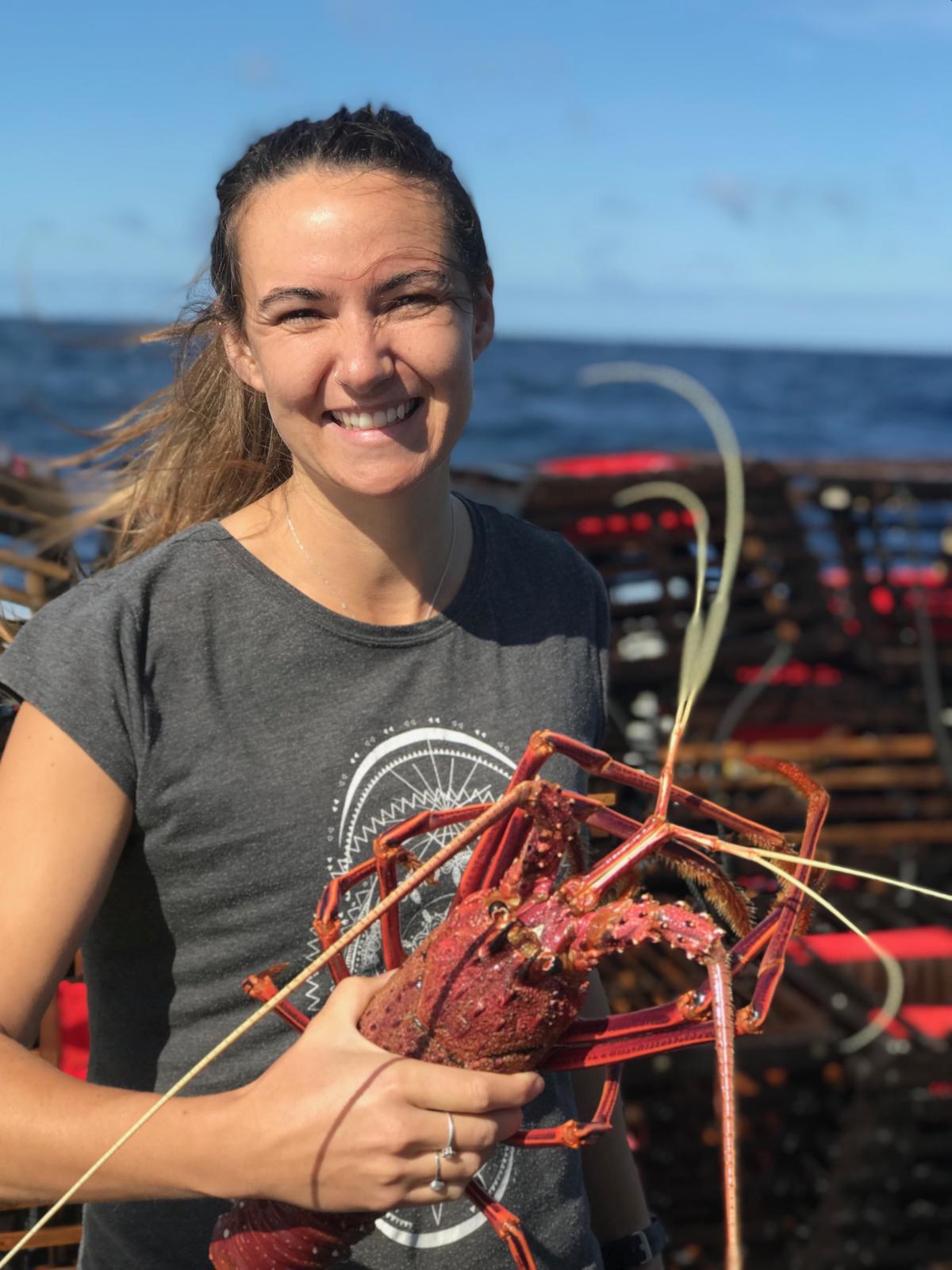Understanding and accounting for pot catchability of the spiny lobster, (Panulirus cygnus), and implications for stock assessment
 This study will investigate and quantify the environmental and biological factors that affect the catchability of the western rock lobster, Panulirus cygnus. Field surveys, complemented by expert knowledge and laboratory experiments, will elucidate the significant factors affecting lobster catch rates. Thorough statistical analysis will quantify the effects of these factors so that they can be built into fisheries stock assessment models. This research will be conducted in conjunction with the Fisheries division of the Departments of Primary Industries and Regional Development. Broadly, the research aims to standardise, and therefore increase the accuracy of western rock lobster stock assessments. These assessments are an integral tool, informing the majority of management decisions regarding the fishery. By improving their accuracy we can assure both the sustainability and profitability of this economically important resource.
This study will investigate and quantify the environmental and biological factors that affect the catchability of the western rock lobster, Panulirus cygnus. Field surveys, complemented by expert knowledge and laboratory experiments, will elucidate the significant factors affecting lobster catch rates. Thorough statistical analysis will quantify the effects of these factors so that they can be built into fisheries stock assessment models. This research will be conducted in conjunction with the Fisheries division of the Departments of Primary Industries and Regional Development. Broadly, the research aims to standardise, and therefore increase the accuracy of western rock lobster stock assessments. These assessments are an integral tool, informing the majority of management decisions regarding the fishery. By improving their accuracy we can assure both the sustainability and profitability of this economically important resource.
About me
As a born and bred West Australian, I have spent the majority of my life in or around the ocean, from snorkelling Ningaloo Reef, to fishing in Albany, to diving at Rottnest Island. I graduated from UWA with a first class honours degree in Marine Science in 2015. My honours research involved working closely with the department of fisheries to investigate different methods for sampling the western rock lobster, at Rottnest Island. My PhD, which is also conducted in collaboration, with the department, follows on from this work and will investigate the catchability of this species.
Supervisors
Dr. Tim Langlois, Gary Kendrick, Simon de Lestang, and Jason How
Contact
Indian Ocean Marine Research Centre
School of Biological Sciences (M470)
35 Stirling Highway, Crawley WA 6009
